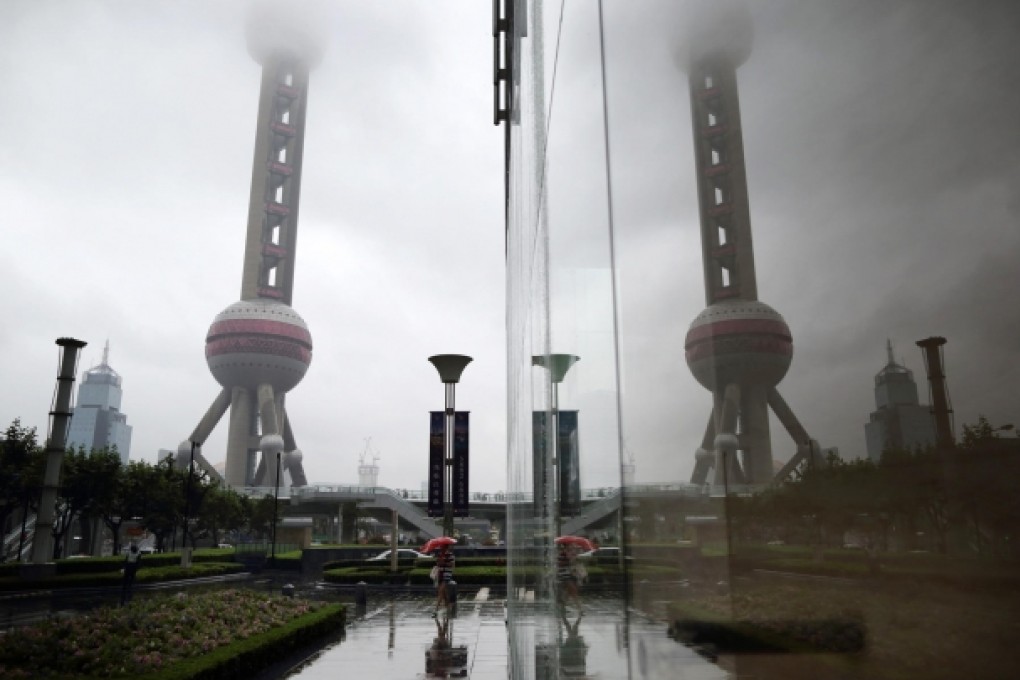A rate too fast
Beijing wants to push interest rate liberalisation, but that will increase the challenges for banks in managing risk and avoiding vicious competition

The nasty cash squeeze that has bitten the mainland's banking system in recent weeks could be just a preview of greater instability to come if Beijing pushes ahead with liberalising interest rates and capital controls.

But further progress towards deregulation of interest and exchange rates will only increase the challenge for mainland banks in managing risk, analysts say.
Yukon Huang, a former World Bank country director for China and a senior associate at the Carnegie Endowment for International Peace, said: "The recent instability reflects some of the risks with interest rate liberalisation that proceeds too rapidly, or more precisely relying excessively on interest rates to achieve objectives."
The State Council has said it wants to push interest rate liberalisation, and the central bank made a move towards that goal in June last year when it granted commercial banks limited flexibility to vary deposit rates.
One reason that freeing up interest rates could lead to instability is that such a move would unleash fierce competition between banks for customer deposits.
